“U.S. holds key to Kosovo solution”
A Kosovo Serb leader says Serbia’s negotiating position is now better than it has been during Martti Ahtisaari’s mediation.
Sunday, 19.08.2007.
10:13

A Kosovo Serb leader says Serbia’s negotiating position is now better than it has been during Martti Ahtisaari’s mediation. The president of the Serb National Council of Northern Kosovo (SNV), Marko Jaksic, told daily Glas Javnosti that “the United States is still holding the key to the Kosovo problem.” “U.S. holds key to Kosovo solution” “It is better to have three coordinators in the talks instead of a single mediator as was the case with Martti Ahtisaari, who was vested with a high level of authority,” he said. “Ahtisaari led the talks all the while in collusion with the Albanian side,” Jaksic argued, adding that under those circumstances Belgrade could not affect the course of negotiations. In his opinion, new round of Kosovo talks will also mostly depend on the U.S. which should "exert its influence on the Albanians to agree to negotiate." "Nonetheless, if Pristina’s rigid stance receives support of the United States, the Albanian side will, with the blessing of the world’s greatest power, hold on to its demands, even at the price of infringing on international principles and agreements." According to Jaksic, who is also a member of the Belgrade state negotiating team for Kosovo, Serbia has to insist on discussing the status issues. “I see the fate of NATO in Kosovo as the biggest obstacle to negotiations,” he stressed, noting that more than two thirds of the Ahtisaari plan addressed that very issue. “According to that plan, NATO troops are set to remain in the province forever. Having in mind that Kosovo is a part of Serbia, the fate of NATO is thus clear – they will have to leave the province at one point,” he explained. “The U.S. did not just bomb Serbia in 1999 to withdraw from its territory that easily. They have no intention of leaving,” Jaksic said.
“U.S. holds key to Kosovo solution”
“It is better to have three coordinators in the talks instead of a single mediator as was the case with Martti Ahtisaari, who was vested with a high level of authority,” he said.“Ahtisaari led the talks all the while in collusion with the Albanian side,” Jakšić argued, adding that under those circumstances Belgrade could not affect the course of negotiations.
In his opinion, new round of Kosovo talks will also mostly depend on the U.S. which should "exert its influence on the Albanians to agree to negotiate."
"Nonetheless, if Priština’s rigid stance receives support of the United States, the Albanian side will, with the blessing of the world’s greatest power, hold on to its demands, even at the price of infringing on international principles and agreements."
According to Jakšić, who is also a member of the Belgrade state negotiating team for Kosovo, Serbia has to insist on discussing the status issues.
“I see the fate of NATO in Kosovo as the biggest obstacle to negotiations,” he stressed, noting that more than two thirds of the Ahtisaari plan addressed that very issue.
“According to that plan, NATO troops are set to remain in the province forever. Having in mind that Kosovo is a part of Serbia, the fate of NATO is thus clear – they will have to leave the province at one point,” he explained.
“The U.S. did not just bomb Serbia in 1999 to withdraw from its territory that easily. They have no intention of leaving,” Jakšić said.






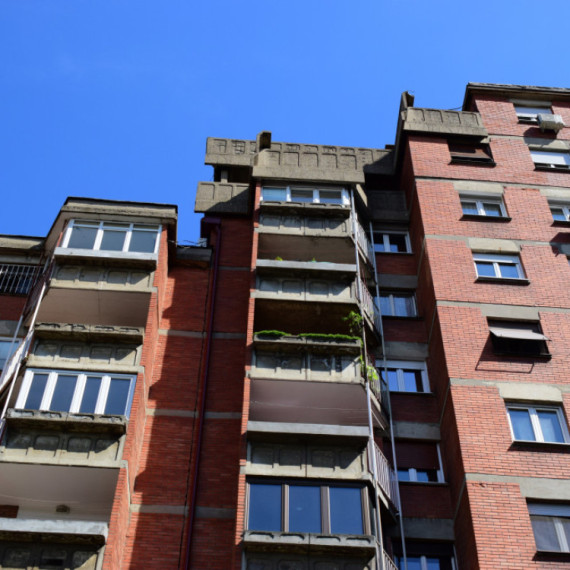




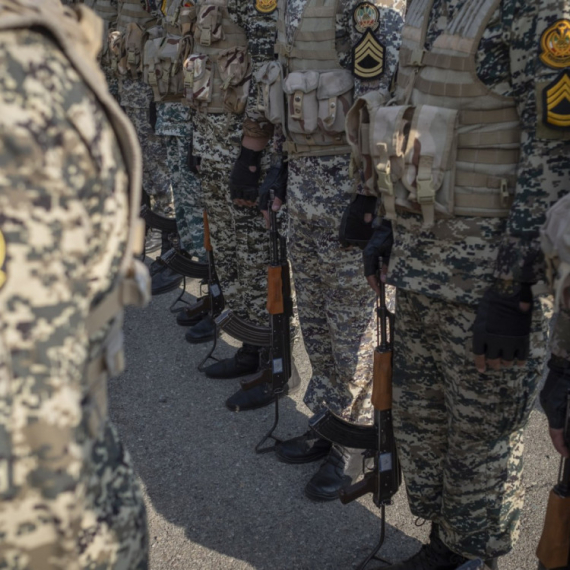
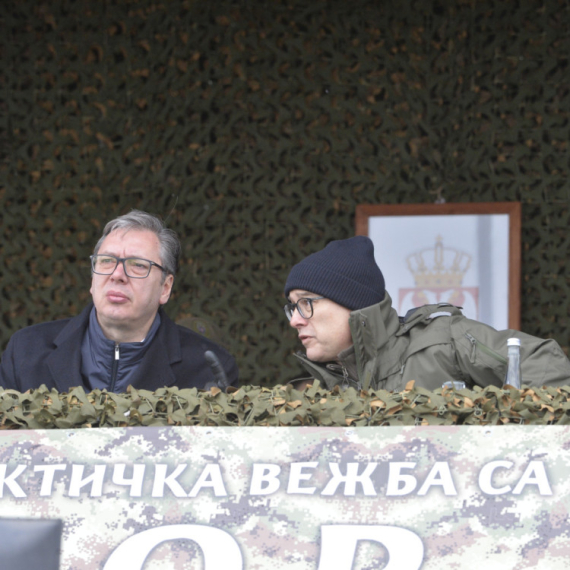

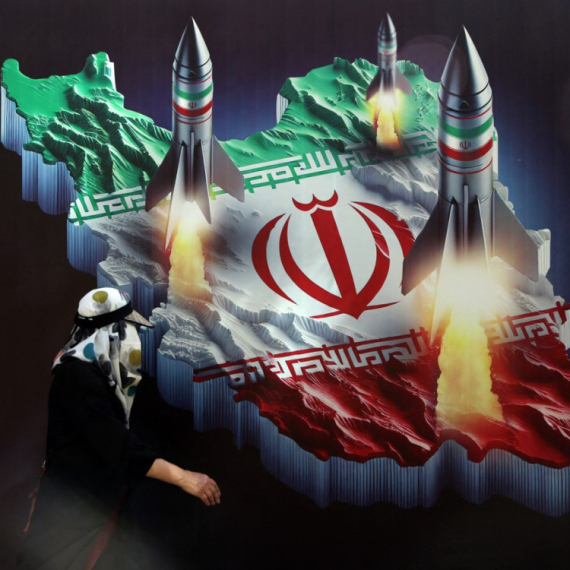

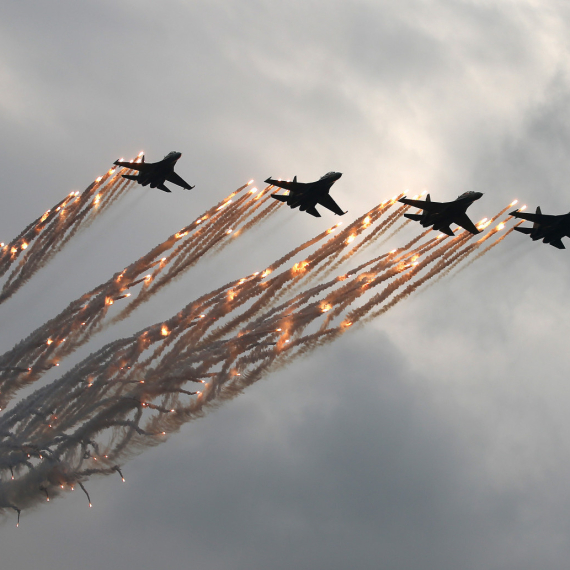
























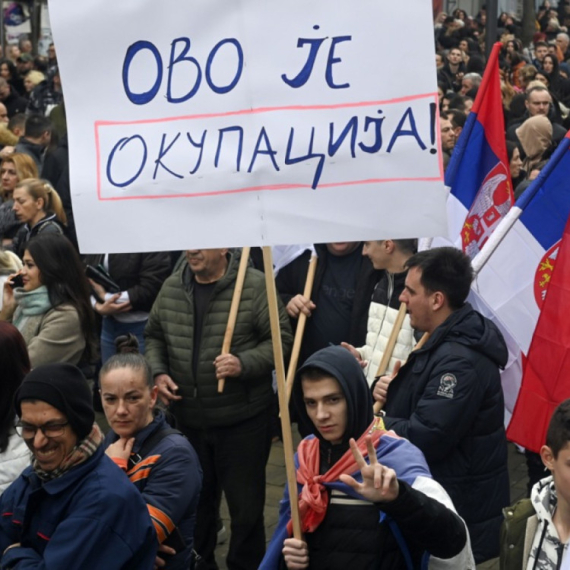












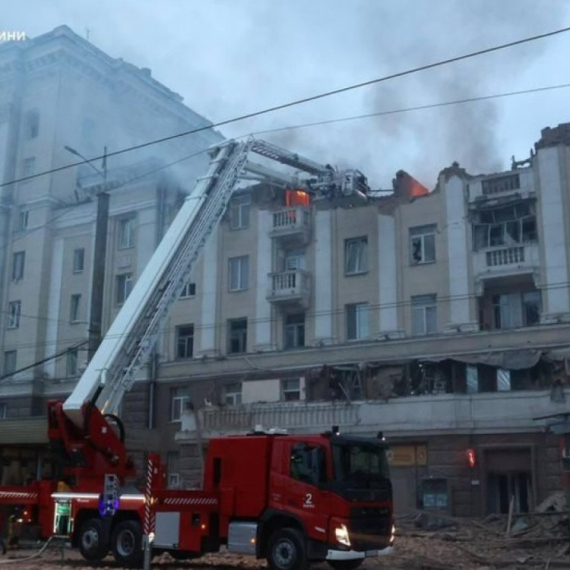
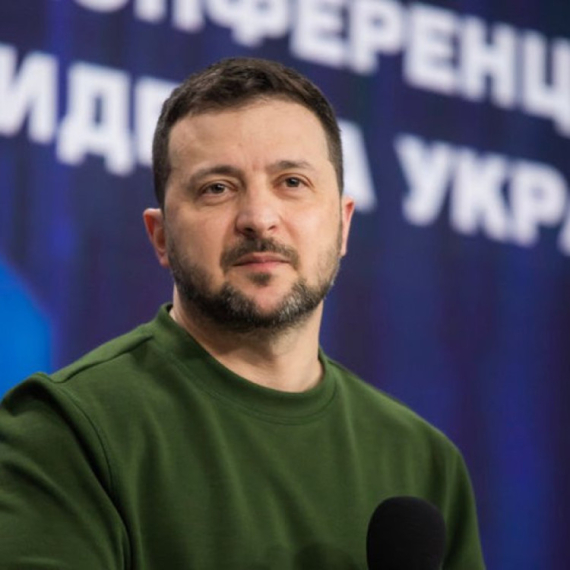


Komentari 28
Pogledaj komentare